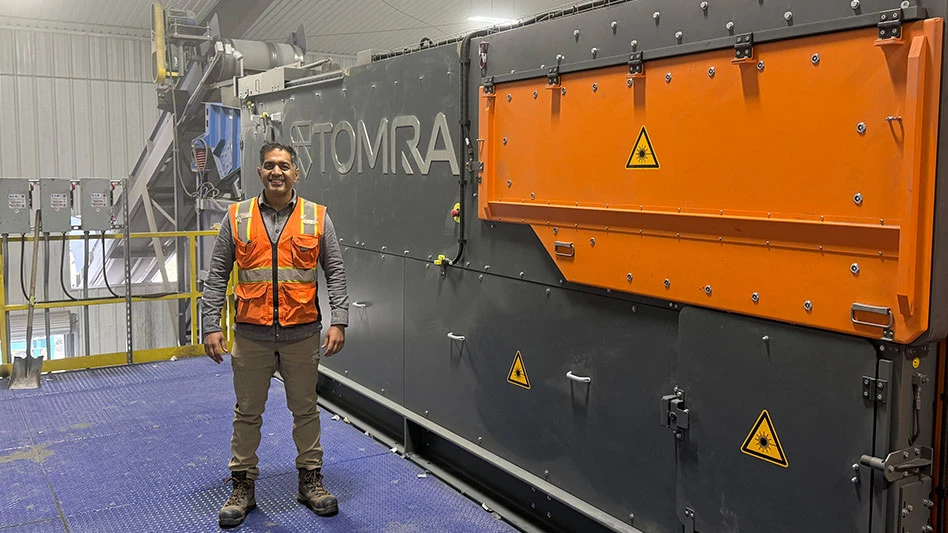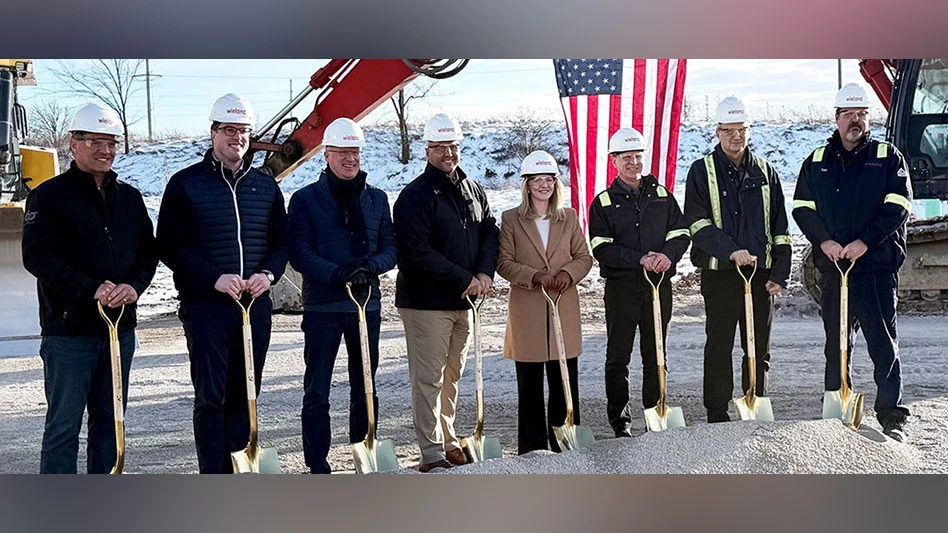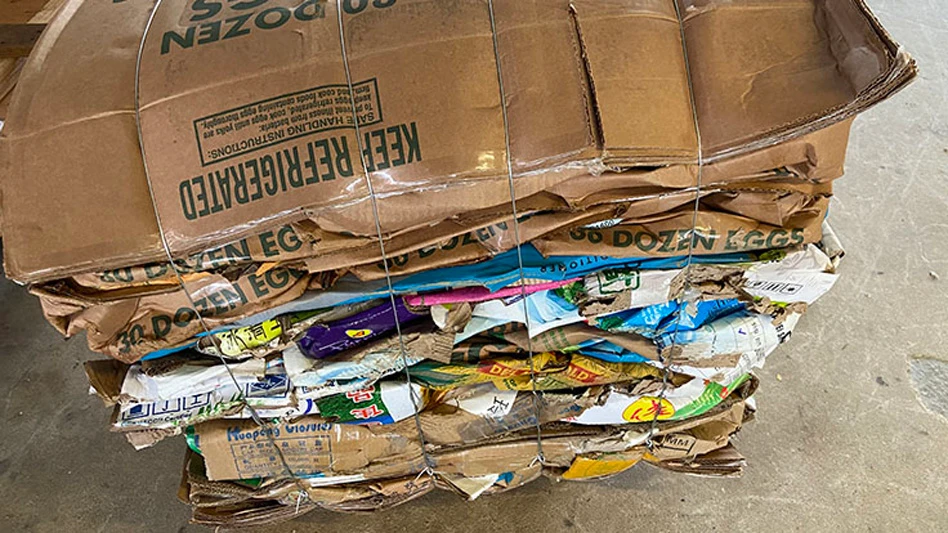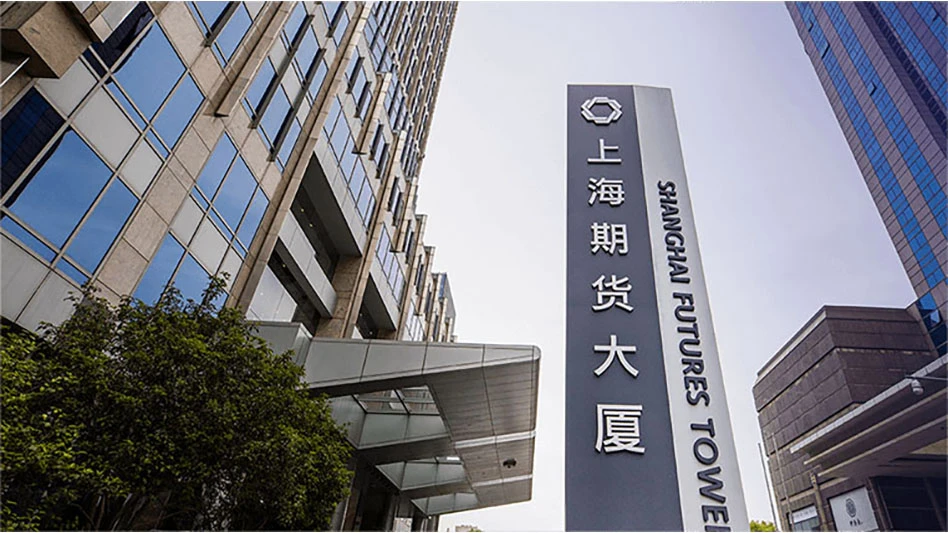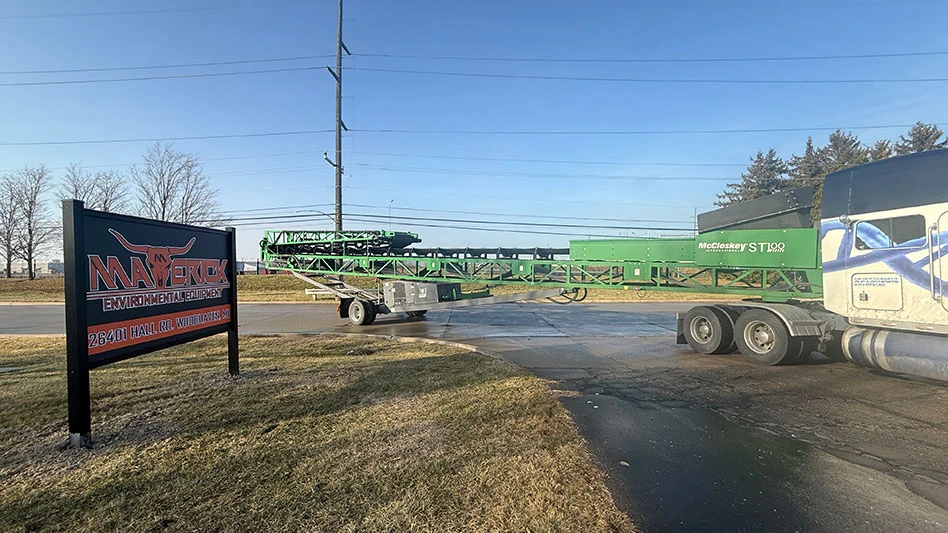Elected officials in the city of Whyalla and state of South Australia are attempting to ascertain if a large capital project at an Australian steel mill being undertaken by United Kingdom-based GFG Alliance is continuing apace in light of that company’s financing questions.
A March 4 online article by the Whyalla News quotes regional member of the South Australia House of Assembly Eddie Hughes as saying the news casts some uncertainty over the project, which involves following through on a June 2020 announcement to build a direct reduced iron (DRI) facility and a new electric arc furnace (EAF) steel production line.
Hughes also points to recent good news from the GFG Alliance, which in early March said its Australian steelmaking operations in Whyalla had returned to profitability with the revival of the Australian and global economy as it recovers from the effects of COVID-19.
The GFG Whyalla upgrade reportedly carries a sizable AUD$1 billion ($770 million) price tag, and the South Australian government has promised AUD$50 million ($38.5 million) in assistance and incentives. Of that funding, Hughes is quoted as saying it “should be handed over” and that the funds “shouldn’t [go toward] reducing [GFG’s] debt,” but “should go into tangible assets in the steelworks to improve productivity.”
The South Australian legislator prioritizes the future viability of the steelmaking complex, adding, “That money might be the first down payment; more money might be necessary. We’re talking about the future of the whole community.”
On its website, GFG has posted one news item pertaining to its financial position since the turmoil surrounding Greensill Capital, with whom the company had a close connection. The March 3 press release pertains to GFG’s own banking arm, U.K.-based Wyelands Bank, and its ability to “pay back its retail depositors in full as part of a plan it is agreeing with [British] regulators.”
GFG chair and Wyelands Bank shareholder Sanjeev Gupta, declining to refer to the Greensill situation, states, “After the turmoil created by both Brexit and the pandemic, the shareholders of Wyelands have recapitalized the business to ensure retail depositors are repaid in full.”
Latest from Recycling Today
- Nasco-Op declares dividend
- Cyclic Materials announces plans for South Carolina campus
- WM reports revenue, earnings growth in Q4 and full-year 2025
- Solarcycle’s Cedartown, Georgia, recycling facility opens
- Stadler equips Spanish MRF
- SSAB finishes 2025 with decreased revenue
- Vecoplan appoints CFO
- Aurubis raises full-year forecast
